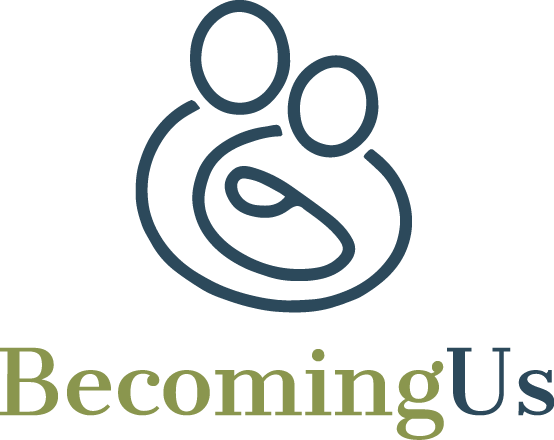Meet the Facilitator - Mathew Aquilina, Psychologist
Certified Becoming Us Facilitator for Perinatal Preparation, Relationship and Mental Health (PRaM)
How would you describe what you do?
I am a psychologist practicing in the Illawarra area of NSW since 2012. I’ve always lived in the area and have a first-hand knowledge of the unique makeup of this region, and the gaps in support for expectant and new parents.
Professionally, I have had a range of experiences to date, completing my internship and early career in child psychology; being a group facilitator with a reputable NGO; delving into various forms of private practice; becoming a clinical supervisor; counselling students at the local university; and providing management and clinical governance oversight of a not-for-profit family support organisation.
How did you start on this path?
I’ve long been fascinated with the role that relationships and attachment styles play in informing people’s wellbeing, sense of self, and capacity to live a full life. While I had an appreciation of this from a more theoretical perspective earlier in my career, having my own child activated a newfound passion and fascination for the perinatal period and all the significant changes that occur, biologically, psychologically, emotionally, and relationally! I knew that I wanted to direct my practice more actively into this area and provide true ‘early intervention’ support.
What other professional approaches have you found helpful?
In general, my practice has been informed by psychodynamic, relational, and behavioural evidence-based frameworks. I have trained in and practiced in models of Acceptance and Commitment Therapy (ACT), Cognitive Behavioural Therapy (CBT), Schema Therapy, and trauma-informed modalities such as Eye Movement Desensitisation and Reprocessing (EMDR).
That said, I’m not a practitioner who focuses on trying to fit people to a modality – I am led by what is in the ‘room’ and see these opportunities as another example of creating a secure relational experience for people I support.
I have embarked on perinatal training from other leading groups in this field and have a particular interest in fatherhood; birth trauma; infertility; perinatal loss; and support of relationship challenges at this time.
What do you enjoy about using the Becoming Us approach?
I love that the content of Becoming Us is very accessible and couched in some wonderful metaphors to assist in understanding complex relational concepts. I have enjoyed being able to share the program visuals with people I am supporting and having the stages of relationship transition in mind when approaching my work. I think seeing people connect with the ideas in the Becoming Us content and have a moment of realisation or understanding is incredibly rewarding. The strengths-based focus of the approach is also a nice space to be practicing from.
With an interest in supporting fathers, I have appreciated the father- and non-birthing partner inclusive content.
What do you think are the main benefits for parents?
Becoming Us provides a way of normalising the massive changes that parents encounter in the perinatal period. I think being able to give people a framework and a trajectory to map these changes is incredibly helpful. The ‘wing it’ approach may seem on the surface a more carefree way of approaching parenthood, but I think there is a lot of truth to the adage ‘knowledge is power’. I think Becoming Us is a way of empowering new or expecting parents to consider their needs, strengths, vulnerabilities, and resources before embarking on this new journey.
Are there any challenges with doing “Becoming Us” work?
Working against a pervasive cultural view of parenting and responding at times divorced from the realities of human needs. There is an important place for Becoming Us and I feel privileged to be part of offering a program that is biologically informed and relationally focused.
Do you have a favourite part of your Becoming Us training?
All of it! It works so well as a cohesive whole. The detailed content for supporting fathers and understanding the considerations for fathers’ transition into parenthood was great and sets the program apart from other training in this area.

